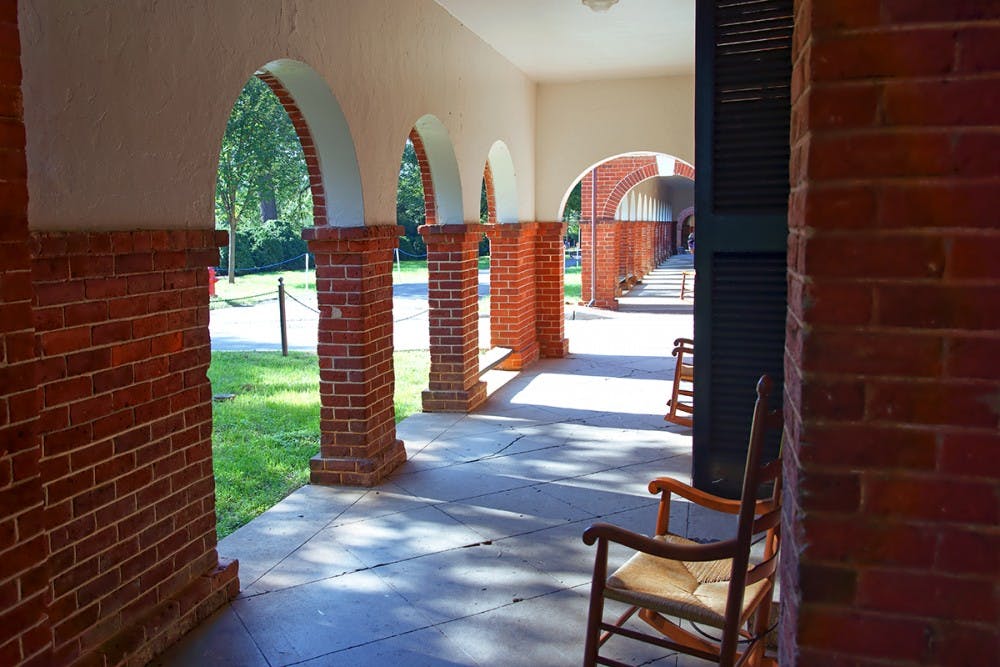As a society, we’re undergoing a massive reckoning with sexual assault. With survivors coming forward after years of silence, conversations about how to address their claims of abuse abound. With the particular cases of Harvey Weinstein, Kevin Spacey, Matt Lauer, Louis C.K., Russell Simmons and others, public discourse about these men’s particular abuses tended to circulate around why their victims chose to speak up years later — intent on finding excuses for the accused to be truly innocent. This urge to protect sexual predators is not a new phenomenon. However, the watchdog and awareness power of the #MeToo movement has flipped the script, with the knee-jerk reaction to disbelieve survivors being searingly scrutinized.
In this moment of survivors coming forward to speak about their abuse, there’s nearly an equal and opposite reaction from naysayers who question why it took them so long to speak. Because of this, it’s important to understand survivors’ right to silence and privacy and respect it, especially on campus.
In the university context, silence is one of the few options a survivor can take post-trauma. The institutional framework on campus to support and protect survivors — such as Title IX and the Jeanne Clery Disclosure of Campus Security Policy and Campus Crime Statistics Act — can often also work against them. The Clery Act, while well-intentioned, seeks to notify all university students of any type of violence committed against a peer. This transparency often is lauded by supporters of the Clery Act, but often survivors suffer the most from the fallout. As stated by a previous lead editorial on this topic, the nature of mandatory reporting by “responsible employees” — individuals employed by the a public university — forces confidants of survivors, such as resident advisors or professors, to file a report of misconduct. This report is then blasted to the entire collegiate community, placing survivors intimate experience of abuse into a very public forum. This is trauma in and of itself.
Likewise, Title IX proceedings can be equally grating. The Dear Colleague letter, issued by the Office of Civil Rights in 2011 under the Obama administration, recommends that a university spend roughly 60 days investigating claims of Title IX violations. However, this doesn’t seem to be a reality for most cases. At Harvard University, student journalists found that Title IX investigations took, on average, four months to be resolved. Moreover, survivors appealing to the OCR for delays or obstructions of justice to their Title IX claims found even worse wait times — in 2014 it took the OCR 1,469 days to complete campus sexual assault investigations.
Both the delay of justice and the experience of the proceedings take a toll on survivors. As one RA and survivor of sexual assault at the University of Arkansas stated, "It was, to this day, the worst experience of my life.” She describes the physical process of going through the investigation as “worse than the assault” with overall experience summarized by “the feeling that her account of the alleged assault was not just being questioned but ‘aggressively denied’ by the panel.” She too also entered into the Title IX proceeds by accidental admissions of her assault to mandatory reporter, bringing on an investigation that she personally did not want.
The unfortunate reality is that these laws are currently the best options available for survivors on campus, flaws and all — even though it’s very tempting to dismiss Title IX and the Clery Act as feckless. Knowing the pitfalls of the process is crucial to understanding a fraction of a survivor’s rationale towards reporting his or her case. All in all, it’s crucial not to minimize a survivor’s reasons to come forward or remain silent — these choices need belong to the survivor alone.
After experiencing a violating assault, survivors deserve to have their right to both bodily autonomy and agency reaffirmed. It’s too easy for rape apologists to make lazy arguments against survivors — her claims, her motives, her story and her timeframe to report. As allies, we need to trust in the choices every survivor makes on her own behalf, acknowledging that silence and privacy may be what she wants most.
Katherine Smith is a Senior Opinion Columnist for The Cavalier Daily. She can be reached at k.smith@cavalierdaily.com.







